Bulgarian President Rumen Radev addressed the prospects and challenges faced by young people during a lecture at the University of National and World Economy (UNWE) in Sofia. During the event, the president responded to questions from students, including one regarding the political situation in Bulgaria.
When asked about the “disturbing political situation” and whether citizens expect him to take action, Radev emphasized that he is doing everything within his presidential powers to address the issues. However, he expressed concern that such expectations indicate a lack of trust in the institutions meant to resolve these challenges. “The issue is not about saving one person,” Radev noted, adding that young people in particular must recognize their responsibility in shaping the future.
Touching on international conflicts, Radev stressed the importance of diplomacy. Commenting on the wars in Ukraine and the Middle East, he stated, “Diplomacy should come before the bombs and missiles, not after them to extinguish the consequences.” He expressed confidence that conflicts could be resolved with political will and a commitment to diplomacy, rather than relying solely on military and economic measures.
Radev observed that, in the early days of the war, Ukraine passed a law prohibiting negotiations with Russia, but is now seeking diplomacy and talks. He also criticized the handling of the Ukraine conflict, citing “an infinite number of wrong strategic decisions” that have led to significant human and material losses. One early miscalculation, he said, was Russia underestimating the Ukrainian people’s determination to defend their freedom. Radev also dismissed predictions that Russian sanctions would lead to economic collapse, noting that Russia continues to produce military supplies at higher rates than expected.
The Bulgarian president highlighted the need to prioritize diplomacy, referencing Henry Kissinger’s early proposal for peace in Ukraine, which envisioned territorial compromises while allowing the rest of Ukraine to emerge as a free, democratic state within the European Union and NATO. Kissinger’s plan, initially criticized, is now seen as a viable pathway by many, Radev noted.
In closing, Radev reiterated that diplomacy should play a central role in preventing and resolving conflicts, lamenting the global trend of placing it on the back burner. He called for a renewed focus on preserving life as a fundamental human value.
Source: Trud Online
Photo: Official Website of the Bulgarian Presidency
Note: Henry Kissinger, along with Le Duc Thọ, was awarded the Nobel Peace Prize in 1973 for their role in negotiating the ceasefires in the Paris Peace Accords aimed at ending the Vietnam War.





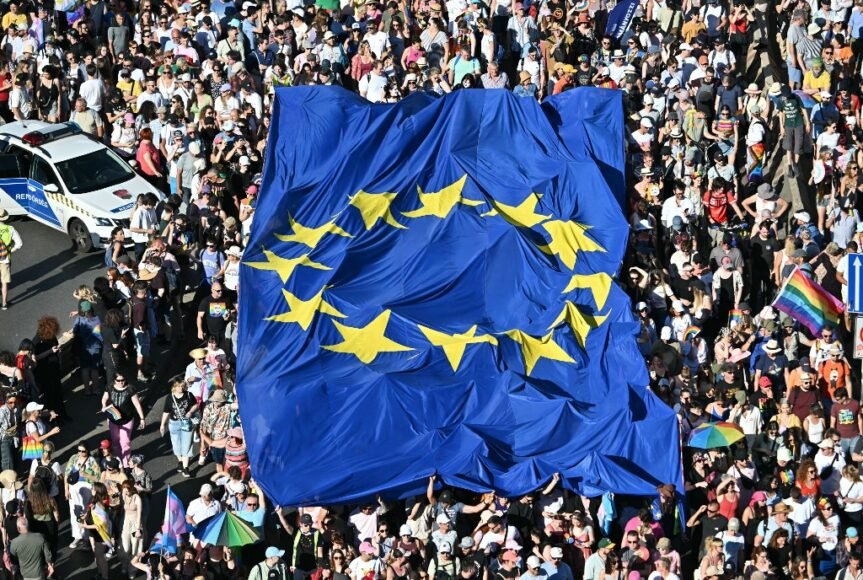
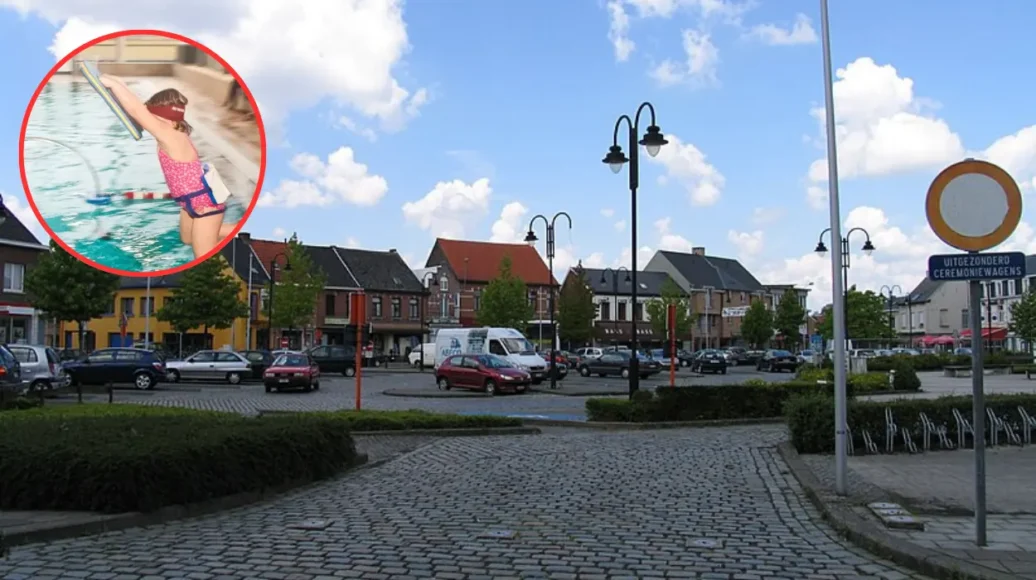
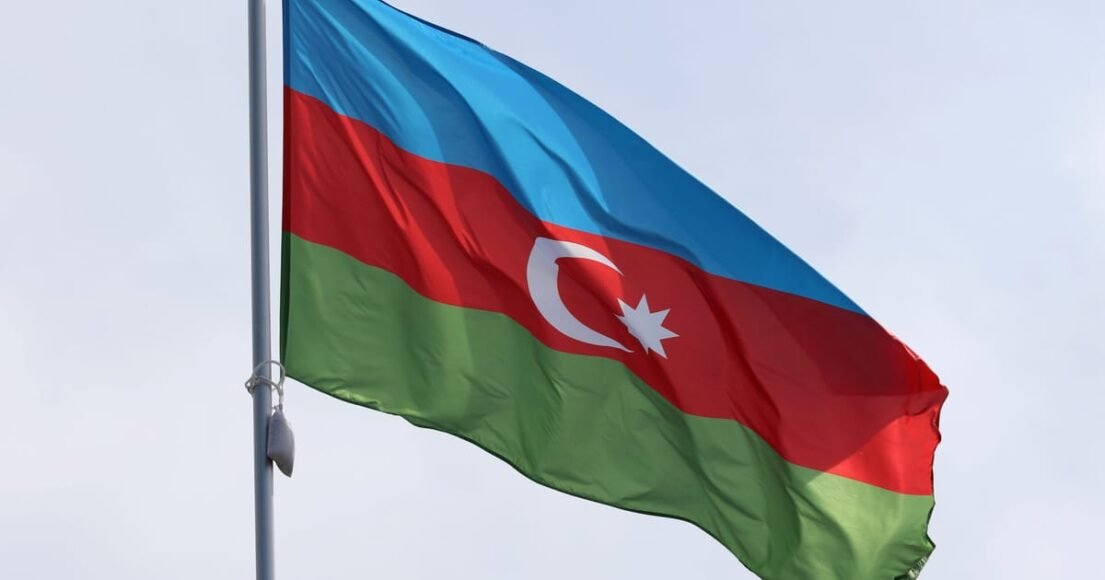

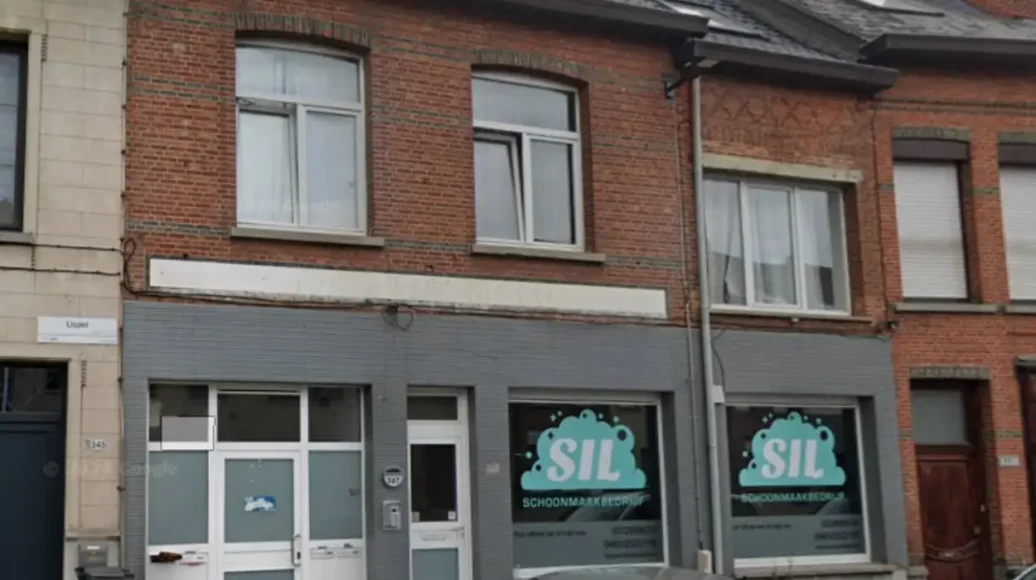
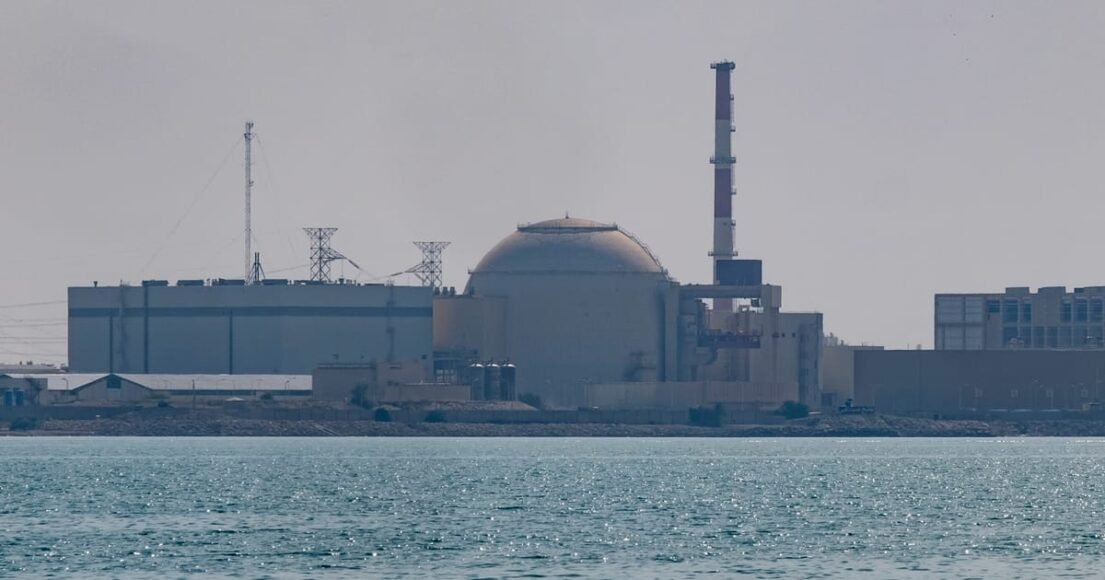
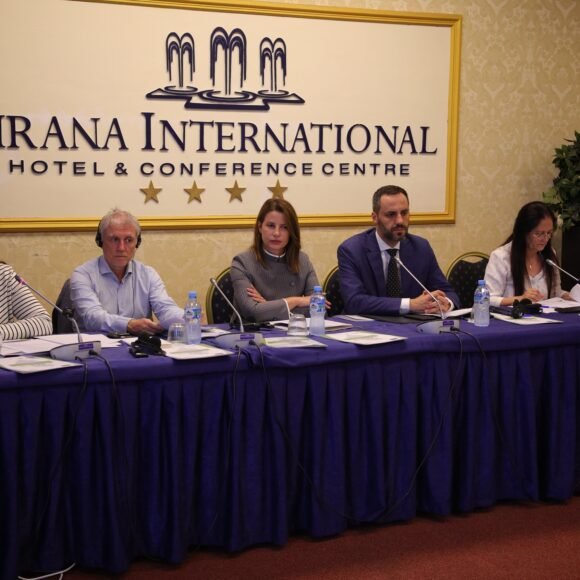
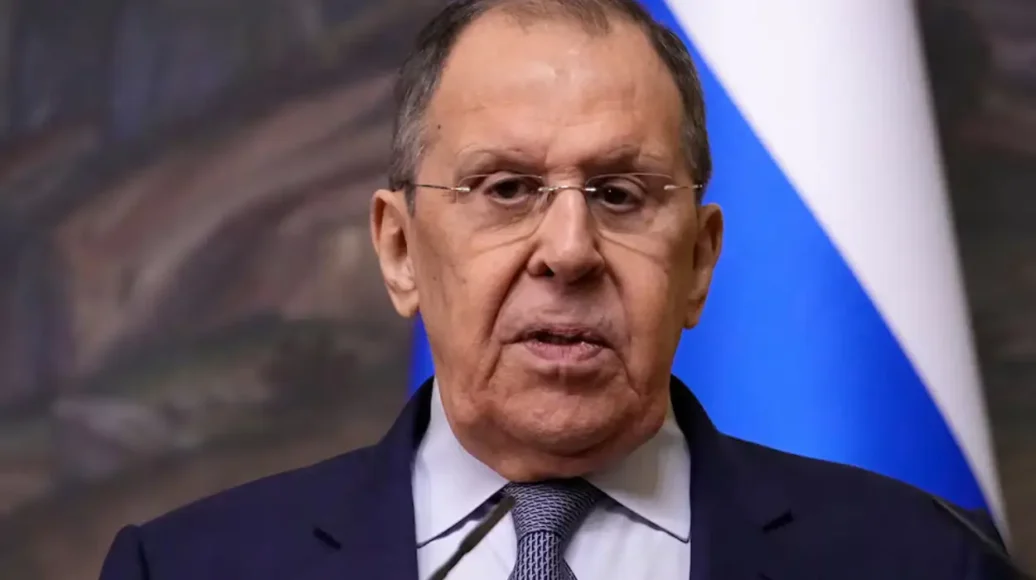
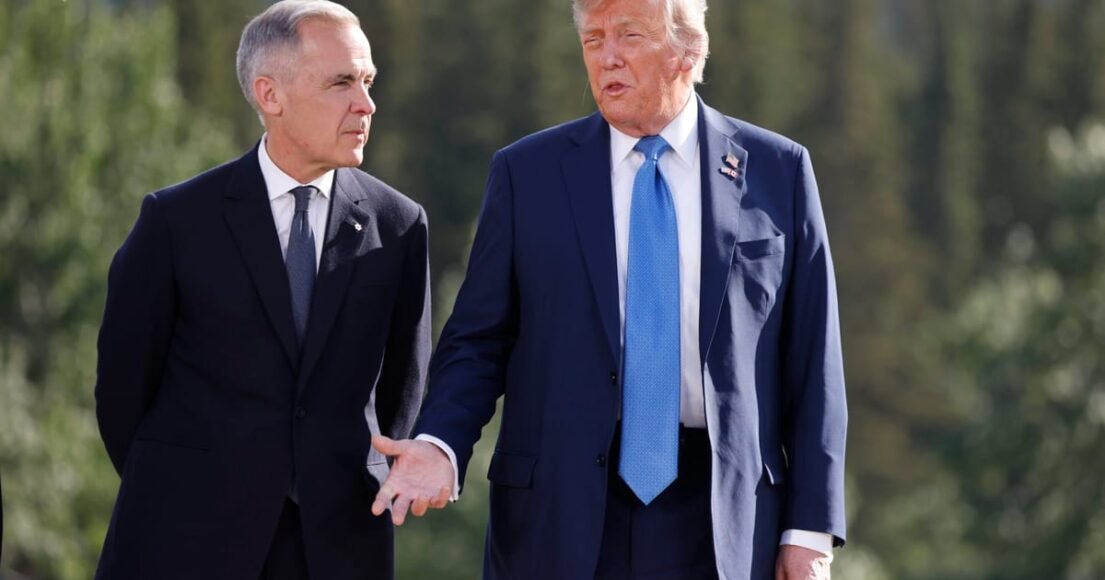
Leave a Reply